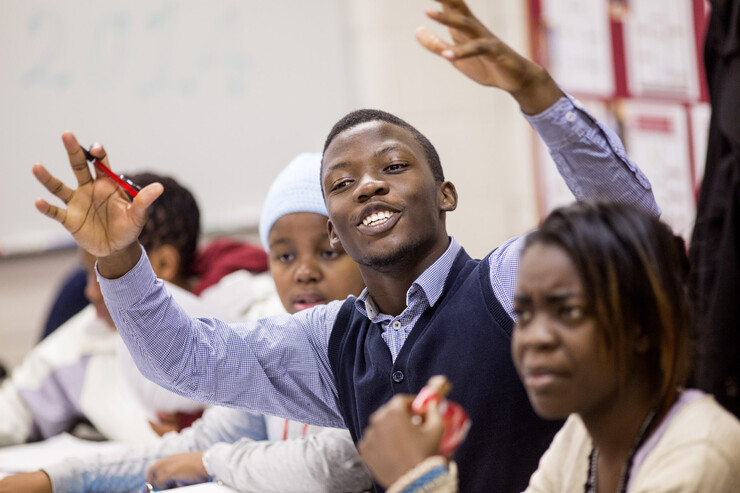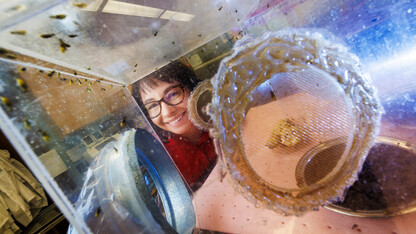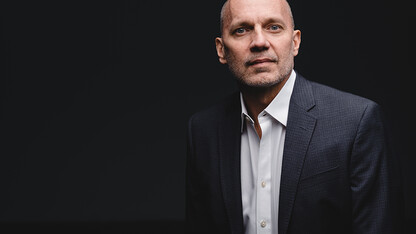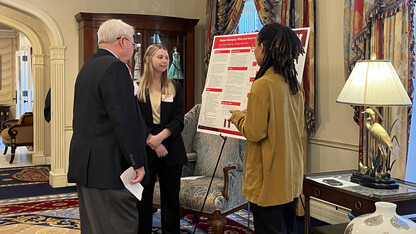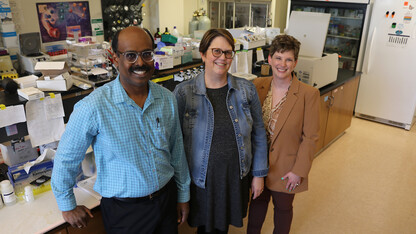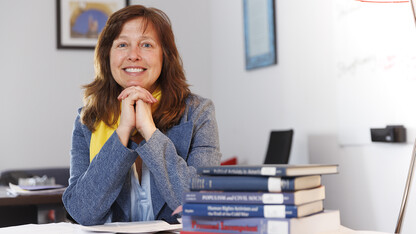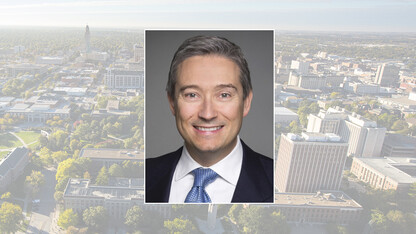· 4 min read
UNL hosts African students in State Dept. program
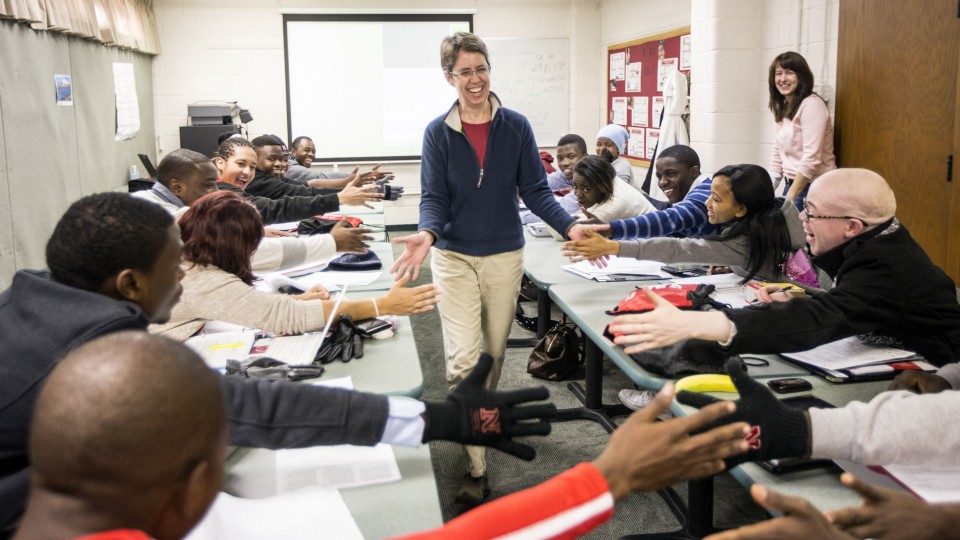
Twenty of the best and brightest African college students are making UNL their home base this month as part of a U.S. State Department program on civic engagement.
In their first few days on campus, they’ve attended lectures on U.S. history, political science, government and community service.
But before any of that, the students and their peer mentors went shopping. Warm-weather gear had to be purchased for the visitors, who are accustomed to more mild weather — though not all of them minded.
“Cold weather?” Emoline S. of Angola said. “It’s nice. I don’t like tropical weather.”
The last names of the participants are not disclosed per State Department policy.
During the Institute, the African visitors, will interact with Lincoln leaders and state lawmakers and complete community service projects with partnering organizations. The students are from Zimbabwe, Mozambique, Angola and South Africa and were chosen to participate in the United States Institute on Civic Engagement by their respective embassies.
Events began Jan. 12 with an orientation, formal welcome reception and dinner.
Leading the program from UNL’s end are Patrice McMahon, associate professor of political science and director of global engagement; Linda Major, assistant to the vice chancellor for student affairs; and Damien Pfister, assistant professor of communication studies. Many UNL faculty are also helping with the program by giving lectures, providing guidance and serving as chauffeurs.
On Feb. 5, the students will depart for Tuscaloosa, Ala., to tour sites important to the Civil Rights movement and help complete a house with Habitat for Humanity.
“We’ll build a house all together, with no experience,” Emoline said. “We’ll just be there, doing that with love.”
Then, the students will attend a briefing in Washington, D.C., where they are also scheduled to meet with U.S. lawmakers. Some are hoping to meet President Barack Obama. Terency S. of Zimbabwe said he would be very excited if he were to meet the president.
“He is the first black president and he is a lovable man,” he said. “And I very much respect him.”
As they settled in at UNL, the students seemed in awe of their American surroundings and counterparts and were ready to see and experience all that campus has to offer.
“Being in America where you know people are living their dreams is quite an experience,” Terency said.
Terency said he is hoping to make connections with the American students, as well as learn more about the other African countries represented in the institute.
The American peer mentors are playing an important role in the institute, McMahon said. The Study of the U.S. Institutes serve as an exchange program, so UNL was selected based on its willingness to pair the visiting students with UNL students so that they could share ideas and experiences.
Participating UNL students said being a peer mentor is a chance to broaden their knowledge and develop friendships with students living half a world away.
“Cultural exchanges are extremely important and we all have a lot to learn from one another and should be open to as many of these types of opportunities as possible,” Margo Berends, a UNL senior from Aurora, Colo., said.
Hosting an institute like this not only provides opportunities like these for students like Berends, but is also a good recruiting tool for UNL, organizers said. It promotes the university to an international market and demonstrates, through its selection as a host institution, that UNL is a top university.
The Study of the U.S. Institutes are designed and funded by the U.S. Department of State’s Bureau of Educational and Cultural Affairs. Participants are among more than 50,000 people participating in U.S. Department of State exchange programs each year.
For more than 60 years, the bureau has funded and supported programs that seek to promote mutual understanding between the people of the United States and the people of other countries. More information about this and other exchange programs is available at http://exchanges.state.gov.

